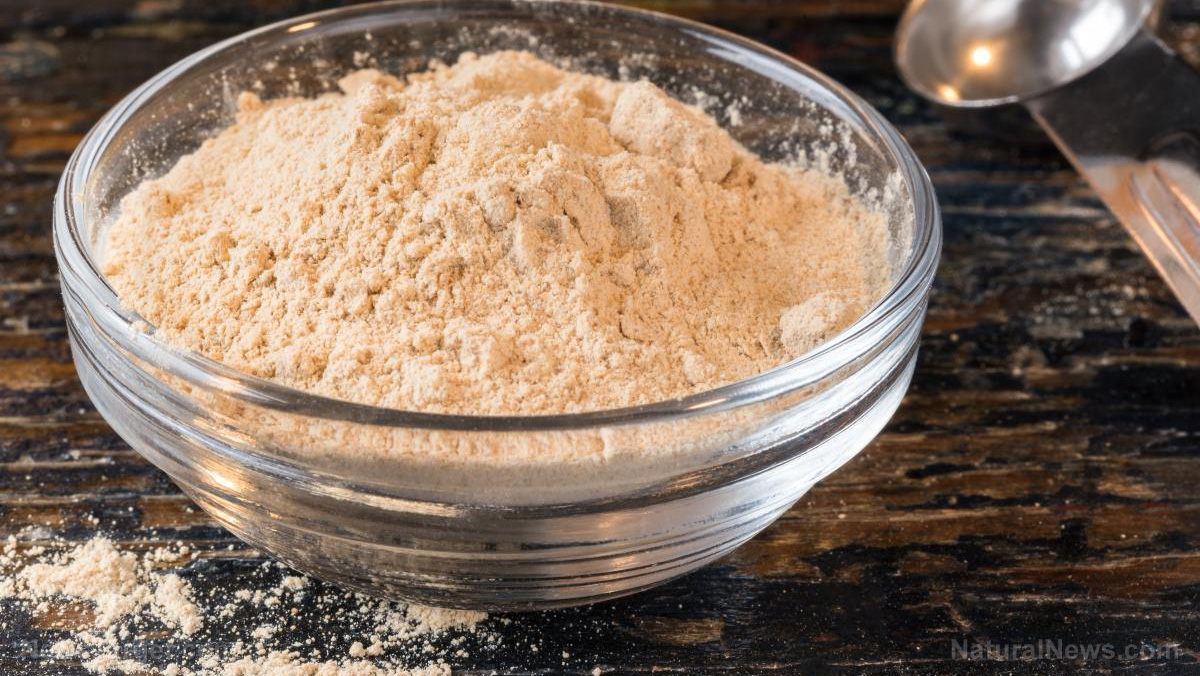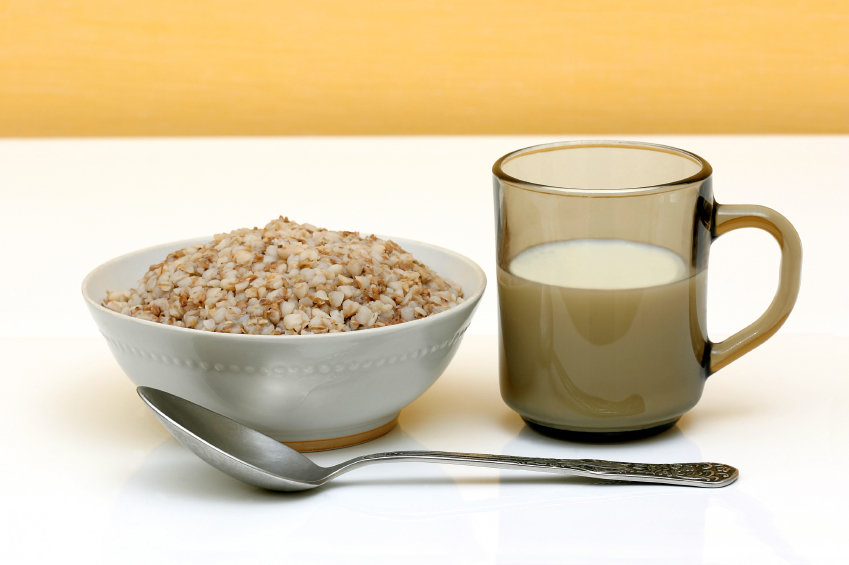Increasing intake of folate found to reduce risk of developing type-2 diabetes in women
02/15/2018 / By Edsel Cook

Recent findings of Korean scientists suggest that increasing folate intake could help protect women against type-2 diabetes, as concluded in a Diabetes.co.uk article. Also known as Vitamin B9 folic acid (when taken as a synthetic supplement), folate is an essential vitamin involved in the creation of healthy proteins, DNA, and cell division. As it cannot be created by the human body, it must be acquired through the consumption of leafy green vegetables, fruits, meat and dairy products.
Previous studies have established connections between folate and cancer, anemia, cardiovascular disease and cognitive impairment. The lower the levels of folate in the body, the higher the risks of contracting those diseases.
With that in mind, the Korean researchers looked at a possible connection between folate levels and type-2 diabetes. They spent six years studying the diets of more than 7,000 Koreans who were middle-aged or older.
At the start of the study, the scientists measured and recorded the folate levels of the participants. They also determined whether or not a participant started out as a diabetic.
They provided each participant with a questionnaire that featured 106 different foods, including several known to have large amounts of folate. Participants were then asked about their dietary choices over the course of two- to four-year periods. The researchers took a particular interest in the results for the folate-rich foods in the list.
Analysis of their results revealed more than 300 new cases of type-2 diabetes during the six year research period. The scientists further determined that woman participants who ate folate-rich foods enjoyed a higher level of resistance against type-2 diabetes.
This association held true when compared with the results for women who took vitamin supplements to raise their folate levels instead of eating folate-rich foods.
Curiously, the researchers did not find any link between increased folate intake and reduced risk of type-2 diabetes for the male participants of the study. The reasons for the apparent gender disparity remain unclear and may require a separate study.
The Diabetes.co.uk article pointed out that the study was not a randomly controlled trial. Any findings made by the researchers are thus limited to demonstrating an association between folate levels and the risk of type-2 diabetes.
The study also neglected to consider how genetics, environments, and diets could also influence the reduction of type-2 diabetes risk. For example, the researchers did not look at the level of physical activity in the lifestyles of its participants when it has been shown that exercise does exert positive effects on the symptoms of diabetes. (Related: Daily physical activity is more important than weight: New study finds it lowers risk of cancer, heart attack, stroke – even in people who are overweight or obese.)
Still, these findings lend strength to the notion that a healthy diet rich in vitamins such as folate can help prevent the onset of increasingly common diabetes.
The complete study on the promising association between folate intake and type-2 diabetes risk for women can be found in the British Journal of Nutrition.
Sources include:
Tagged Under: diabetes, diabetes type 2, exercise and diet, folate, folic acid, food science, nutrients, nutrition, prevent diabetes, prevent type 2 diabetes, prevention, Type 2 Diabetes



















